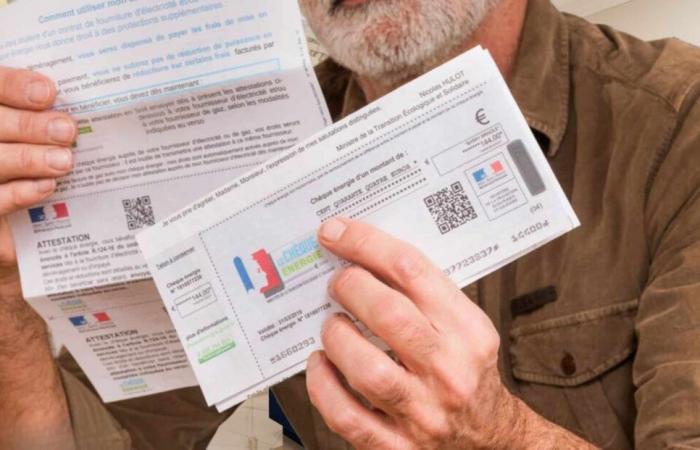In 2025, the energy check could become less accessible due to a possible tightening of criteria. This measure, envisaged by the government, is already attracting strong criticism from associations defending precarious households.
On Wednesday January 15, Amélie de Montchalin, Minister of Public Accounts, announced that the energy check system could be reduced as part of the 2025 budget. According to her statements, the government wishes to “reduce the size” of this aid, considering that the inflationary crisis and its major impacts on purchasing power are now behind us. An announcement which, although not very detailed, is already alarming associations defending consumers and precarious households.
Essential help for low-income households
The energy check, introduced in 2018, is intended for the lowest 20% of households. It aims to reduce their energy costs, whether for heating bills or energy renovation work. In 2024, around 5.7 million households will have benefited from this automatic aid, in an amount ranging from €48 to €277 depending on income and household composition.
However, this measure can still be improved. In 2024, an administrative dysfunction deprived nearly a million households of this automatic aid. They had to make a claim online to access it. Despite this procedure, 500,000 eligible households have not received their check, due to not having taken the necessary steps, according to the National Council of Secular Family Associations (Cnafal).
An outcry from associations
The announcement of a possible tightening of the criteria for 2025 sparked a strong reaction from associations. The Abbé Pierre Foundation and Cnafal denounce a policy aimed, according to them, at saving money at the expense of the most vulnerable households. These organizations point out that, despite the improvement in the energy situation, household bills remain high, and the energy check has not been increased since 2019.
For these associations, reducing the budget allocated to the energy check would further compromise the purchasing power of precarious households. They call for a review of the system to make it more accessible and adapted to current economic reality, rather than restricting its scope of application.
-A major political and social issue surrounding the energy check
The reform envisaged by the government reflects a desire for budgetary rationalization in a context of increased control of public spending. However, this decision could worsen social inequalities, while energy remains a constrained expense for many households.
For current beneficiaries, the energy check is much more than just a helping hand: it constitutes a lifeline to cope with increases in energy costs. The question therefore remains whether the executive will find a balance between its budgetary ambitions and the support necessary for the most fragile households.
A reaction? Leave a comment
Did you like this article? Subscribe to our free Newsletter for engaging articles, exclusive content and the latest news.






